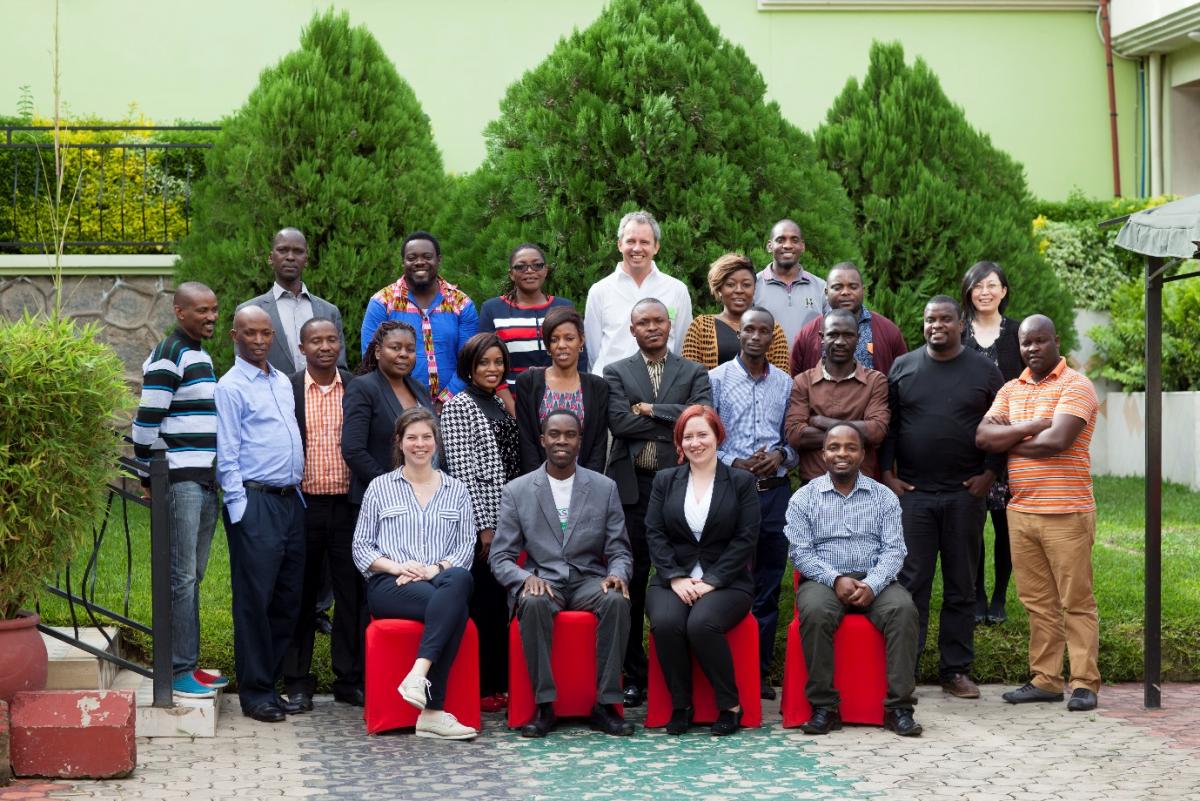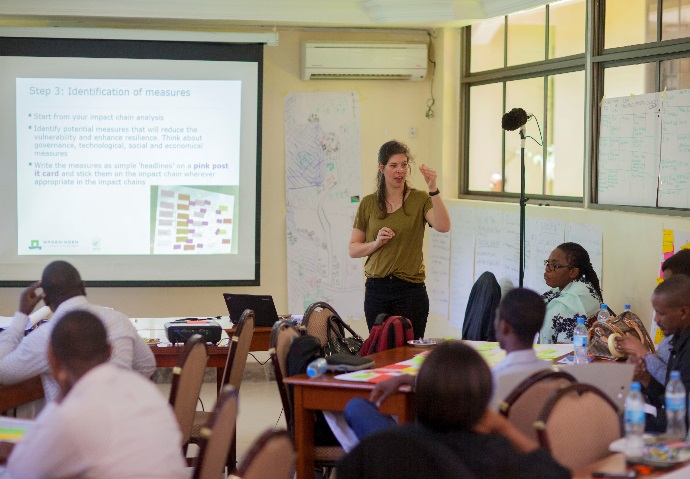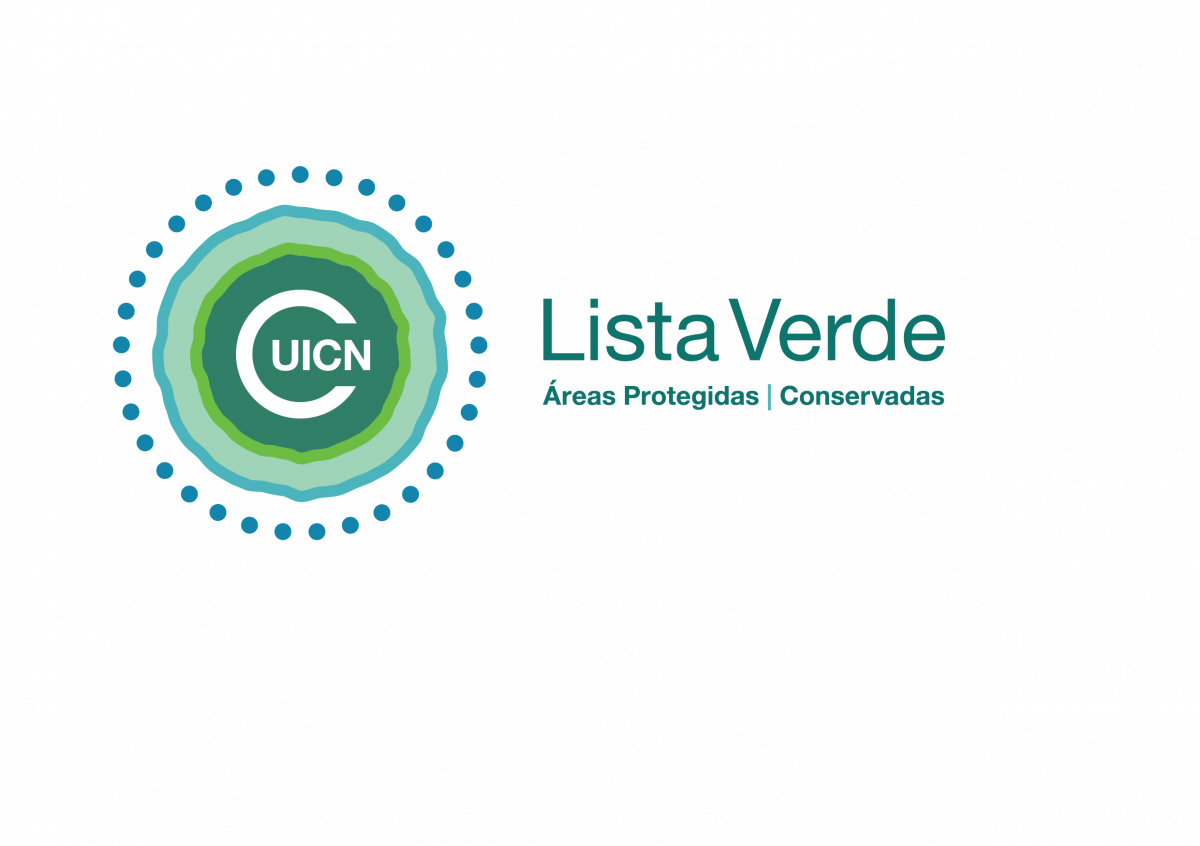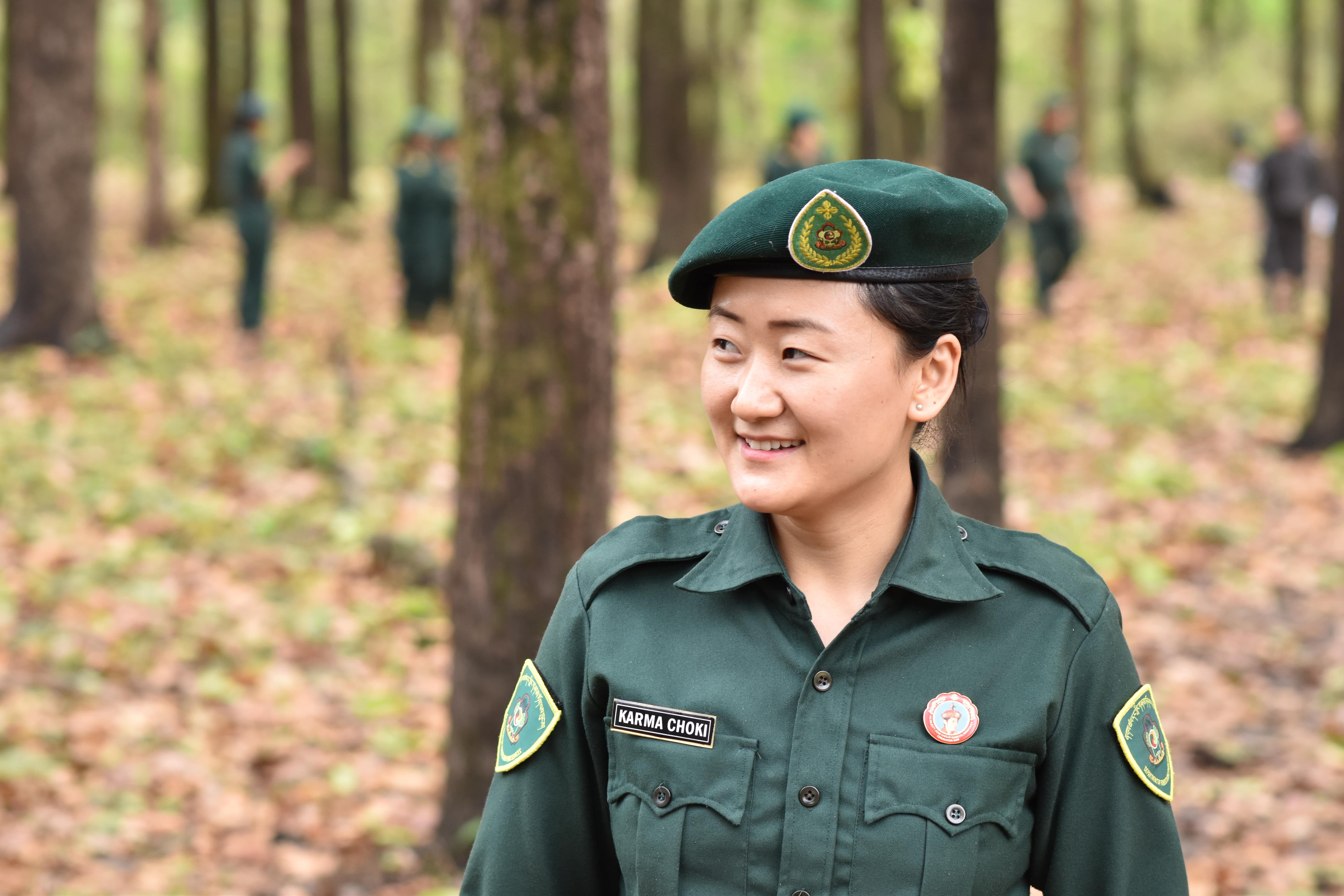Regional capacity building workshop on integrated planning in Mbeya, Tanzania
Representatives from national and local government agencies and NGOs from Tanzania and Zambia convened from 20 to 23 March, 2018 in Mbeya, Tanzania for a regional capacity building workshop: ‘Exploring spatial and legal policy perspectives for integrated land use planning around Lake Tanganyika Ecosystem.’
The main objectives of the workshop, amongst others, were a) to improve understanding of the integrated landscape approach and how such spatial approach can support biodiversity conservation and climate change adaptation objectives; b) to raise awareness on the broad role of law and policy in promoting integrated land use planning; and c) to launch the joint IUCN-UNITAR e-learning course on ‘Integrated planning for climate change and biodiversity’.
The workshop greatly benefited from the facilitation provided by Ilse Hennemann (Trainer, Wageningen University & Research), Alexander Paterson (Professor, University of Cape Town), Anna Sabrina Wollmann (Representative, UNITAR) as well as Laurean Mussa (Lecturer, University of Dar es Salaam) and Ning Li (Programme Officer, Environmental Law Centre).
The workshop was organised by Integrated Planning to Implement the CBD Strategic Plan and Increase Ecosystem Resilience to Climate Change, a global project implemented by the IUCN Environmental Law Center, the IUCN Global Protected Areas Programme and three IUCN regional offices. The project is funded by the German Federal Ministry for the Environment, Nature Conservation and Nuclear Safety (BMU).
The overall objective of the project is to increase capacity to optimise planning to support biodiversity and climate change adaptation objectives, including through the effective engagement of protected area systems. The project focuses on integrating climate change and biodiversity concerns into spatial planning frameworks. It works in four districts of Lake Tanganyika ecosystem: Mpanda (subsequently renamed Tanganyika) and Nkasi Districts in Tanzania; and Nsama and Mpulungu Districts in Zambia.
The Regional Capacity Building Workshop is an outcome of and follow up to the regional stakeholder workshop conducted in 2017 which identified priority actions and competences for the development of capacity building modules aimed at meeting capacity challenges for integrated land use planning. Using a series of innovative and participatory sessions (presentations, group work and role plays), this workshop was instrumental in improving participants understanding on the integrated landscape approach, integrated land use planning law and climate change impacts, vulnerability and adaptation.
The workshop began with an overview of the Integrated Planning Project at the global and regional level delivered by Ning Li and Doyi Mazenzele from IUCN. This was followed by the launching of the joint IUCN-UNITAR course on ‘Integrated planning for climate change and biodiversity’ by the UNITAR Representative, Anna Sabrina Wollman. The course is organised into four modules: 1) Connecting land use, climate change and biodiversity, 2) Inter-sectoral and inter- institutional collaboration, 3) Public participation in decision-making, and 4) Regional planning for harmonization and connectivity. Later during the day, Ilse facilitated sessions aimed at enhancing participants understanding on integrated approaches towards Climate Change & Biodiversity focusing on landscape governance.
The second day of the workshop centred on the role of law in promoting integrated land use planning. Participants were led to better understand the linkages between biodiversity, climate change and land use planning, and the legal tools that have a role to play in promoting integrated land use planning. Seminar sessions on integrated land use planning law – globally and specific to the Tanzanian perspective, were facilitated by Sandy Paterson and Laurean Mussa.
The seminars explored key spatial planning tools (specifically integrated development plans and spatial development frameworks), land-use management tools (specifically zoning, subdivision, title deed conditions, protected area and environmental impact assessment) and governance – especially good governance and cooperative governance.
The third day, solely facilitated by Ilse Hennemann, focused on ‘How to think landscape’, ‘Achieving stakeholder coherence’, the ‘Rights based approach’ and ‘Making institutions work’. These sessions aimed at enhancing understanding of landscape dynamics and identification and prioritization of major issues and stakeholders.
On the last day the workshop focus was on climate change related concepts, projections, impacts and vulnerability components (e.g. exposure, sensitivity, impacts, and adaptive capacity). Also, key linkages between climate change, biodiversity and integrated planning were explored. In addition, participants were engaged in ‘Impact chain analysis & identification of measures’ by way of visualising the direct and indirect impacts of a given hazard and identifying climate change measures and assessing their implications for integrated planning. Each participant was urged to develop a landscape action plan and find ways for implementing it.
In the context of the project closure on 30 April 2018, next steps and actions include undertaking campaigns to promote public participation in land use planning process and to raise awareness on land use planning, climate change resilience and biodiversity conservation. Other actions will include conducting roundtable discussions on integrated land use planning and finally organising a regional dialogue for lessons sharing, future prospects and partnerships
Contact: Doyi Mazenzele





